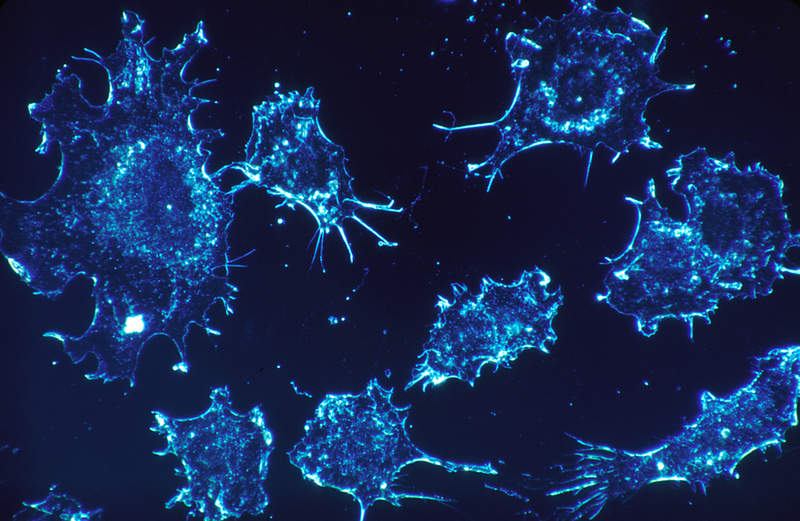
Eli Lilly has extended its existing research collaboration with the Dana-Farber Cancer Institute to accelerate the development of new and advanced cancer treatments.
The organisations initially entered a multi-year oncology partnership in June 2015 focussed on pre-clinical and clinical studies, molecular analyses of patient samples, along with the design and conduct of clinical trials.

Discover B2B Marketing That Performs
Combine business intelligence and editorial excellence to reach engaged professionals across 36 leading media platforms.
As part of the deal, Dana-Farber agreed to offer research and development expertise over three years for several of Lilly’s early-stage cancer targeting compounds.
The agreement also involved an option for Dana-Farber scientists to perform independent studies on certain Lilly candidates.
According to Lilly, this alliance resulted in new ideas and critical feedback in pre-clinical and clinical study design, process and execution.
Dana-Farber chief scientific officer Barrett Rollins said: “Our shared approach has helped speed learning across labs and disease groups, and serves to enable and accelerate the testing of new hypotheses.

US Tariffs are shifting - will you react or anticipate?
Don’t let policy changes catch you off guard. Stay proactive with real-time data and expert analysis.
By GlobalData“This collaboration is important as we consider the potential impact the research may have on cancer care.”
The latest extension of the collaboration for another three years is intended to allow Dana-Farber researchers to continue pre-clinical and clinical studies on some of the Lilly compounds.
All compounds investigated under this agreement will continue to be fully owned by Lilly.
Lilly Oncology Global Development and Medical Affairs senior vice-president Levi Garraway said: “This collaboration provides an opportunity for scientists and clinicians at a premier cancer centre to bring creative new ideas about the underlying science and how this might drive future clinical opportunities for multiple Lilly therapeutic candidates.”
“The extension will provide continued funding for initial testing of several such ideas in the lab and in the clinic, which could eventually inform new treatment avenues for cancer patients.”
Garraway added that the company will continue to offer funding for initial testing of various ideas to evaluate their potential as therapies for cancer.
Financial details of the deal have not been divulged.




